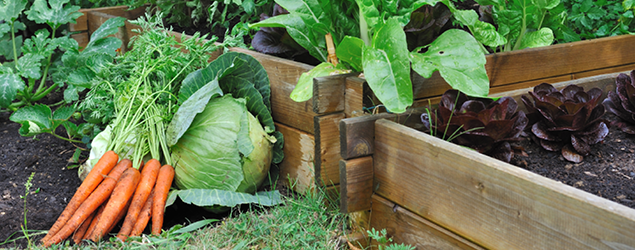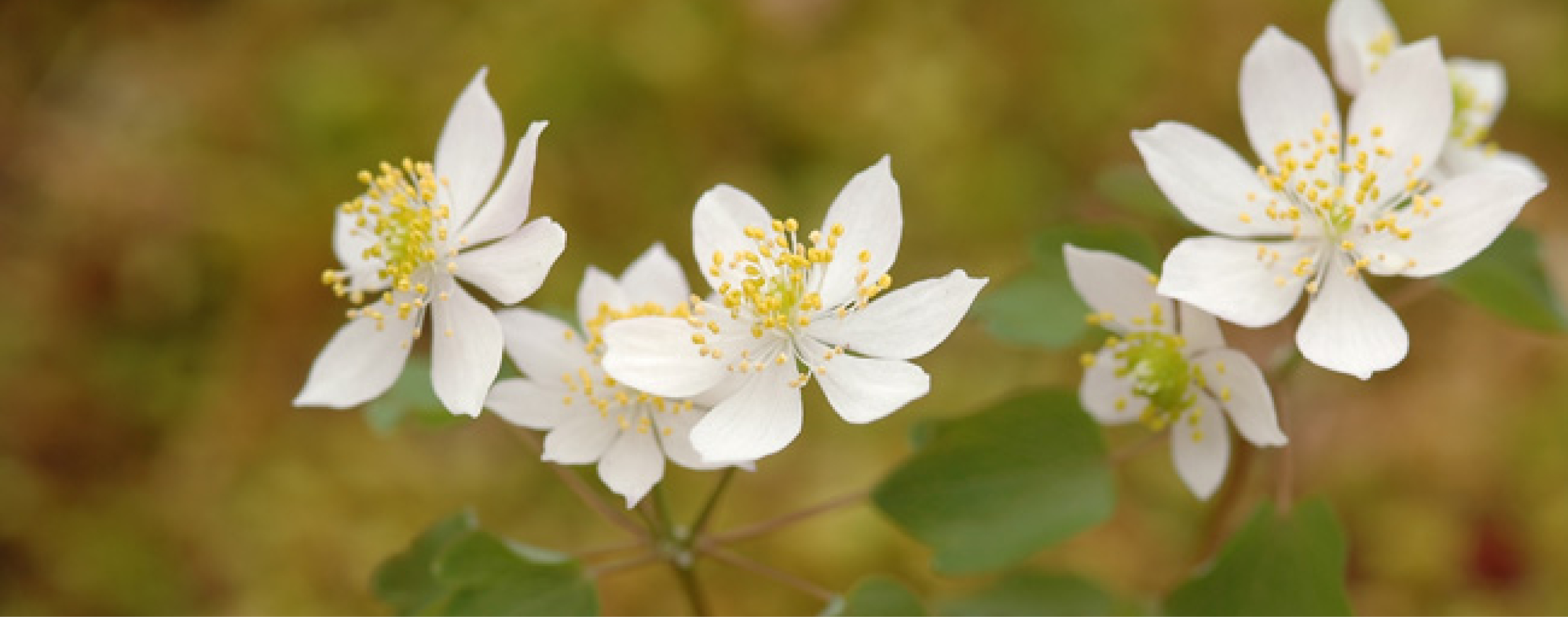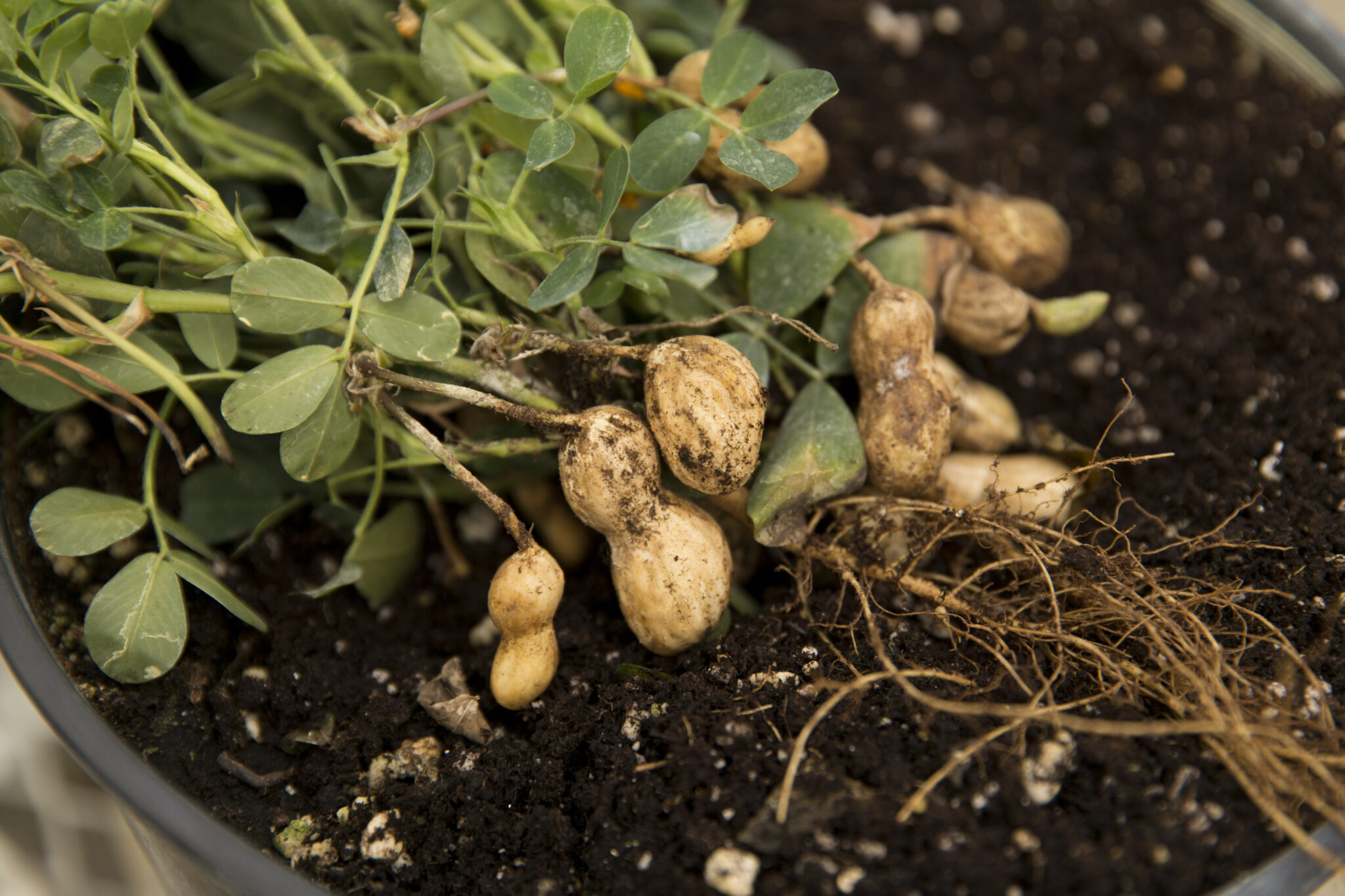Home


Mission
To extend lifelong learning from the University of Georgia to the everyday lives of Georgians through current, research-based education in agriculture, the environment, communities, youth and families.
What is UGA Extension?
A partnership of the University of Georgia, the U. S. Department of Agriculture and counties of the state cooperating. UGA Extension is on the forefront of food safety, technology, research, and education; keeping Georgia’s economy strong and making life better for Georgians. Learn more about Extension.
UGA Extension Carroll County links the resources of the University of Georgia, Fort Valley State University, and Carroll County to provide educational programs, information, and assistance to citizens. UGA Extension Carroll County helps the citizens of Carroll County by addressing the following initiatives:
- Family and Economic Well-Being
- Conservation and Management of Natural Resources
- Agriculture Programming and Research Opportunities
- Improving Nutrition, Diet and Health
- Water Quality
- Youth Leadership
- 4-H Youth Development Program
- Service Learning / Citizenship
Our Promise
To provide practical education you can trust, to help people, businesses and communities solve problems, develop skills and build a better future.
Free online learning
24/7 Tips to live a more active lifestyle, shop smarter, make healthier food choices, and cook delicious meals on a budget! Receive free kitchen and fitness items.
Carroll County Office Contact Info
- Mailing: 900 Newnan Road Carrollton, GA 30117-6477
- Email: carroll.extension@uga.edu
- Phone: 770-836-8546
- Fax: 770-836-2959
Upcoming Events
There are no events to display.
Extension Publications




































































